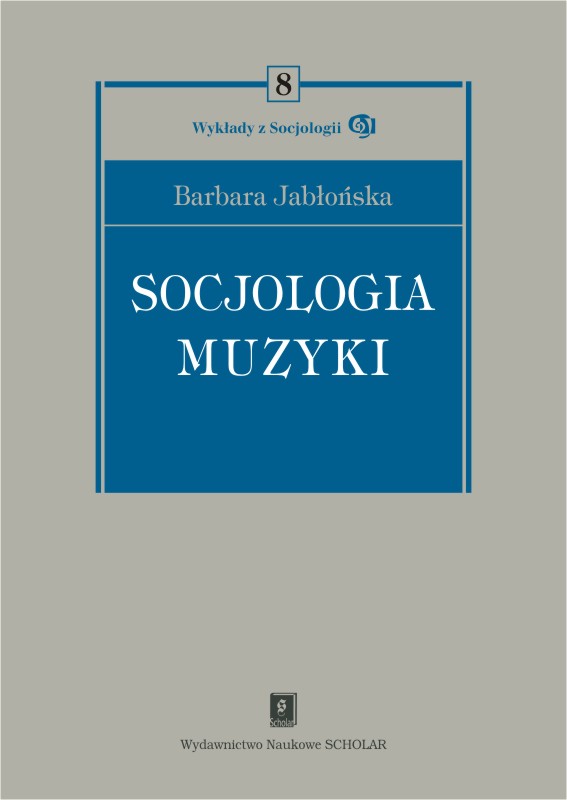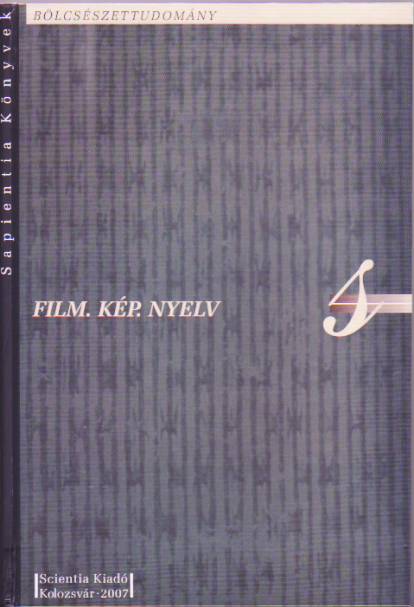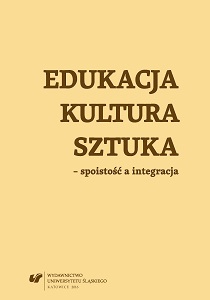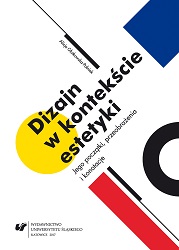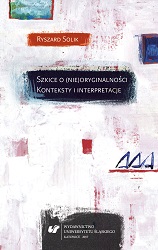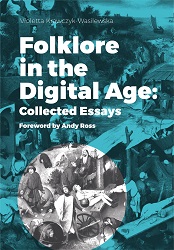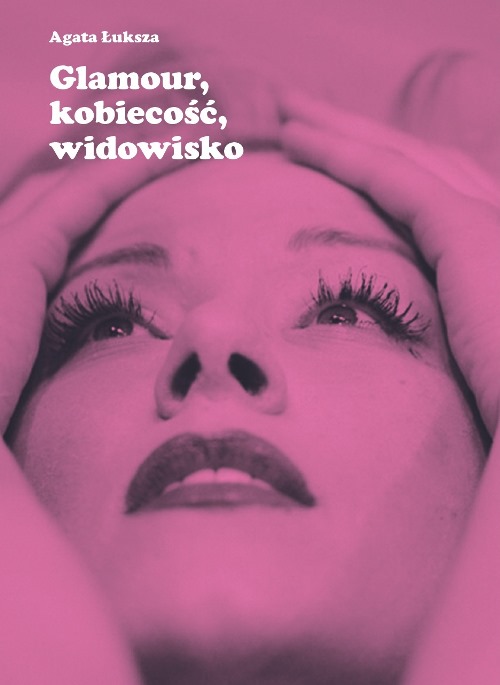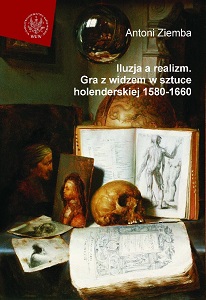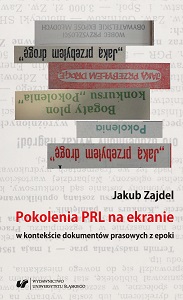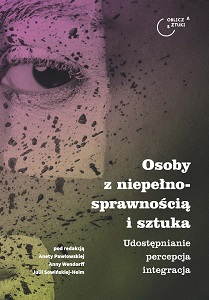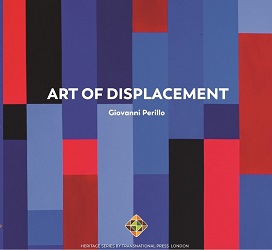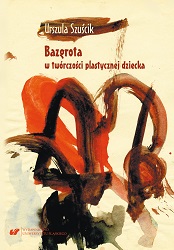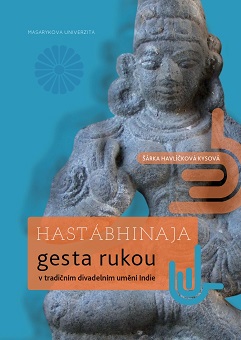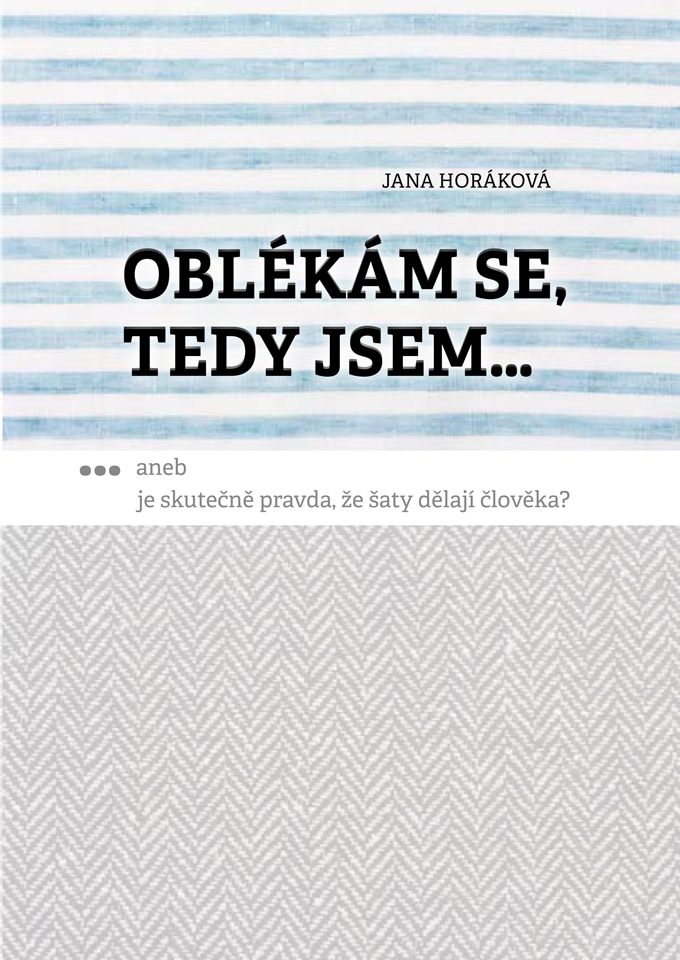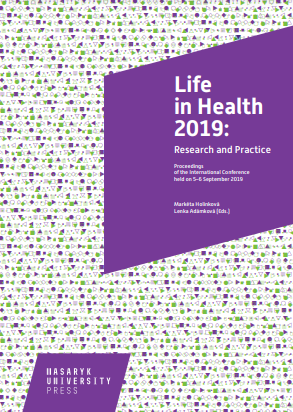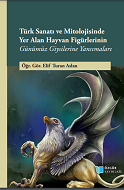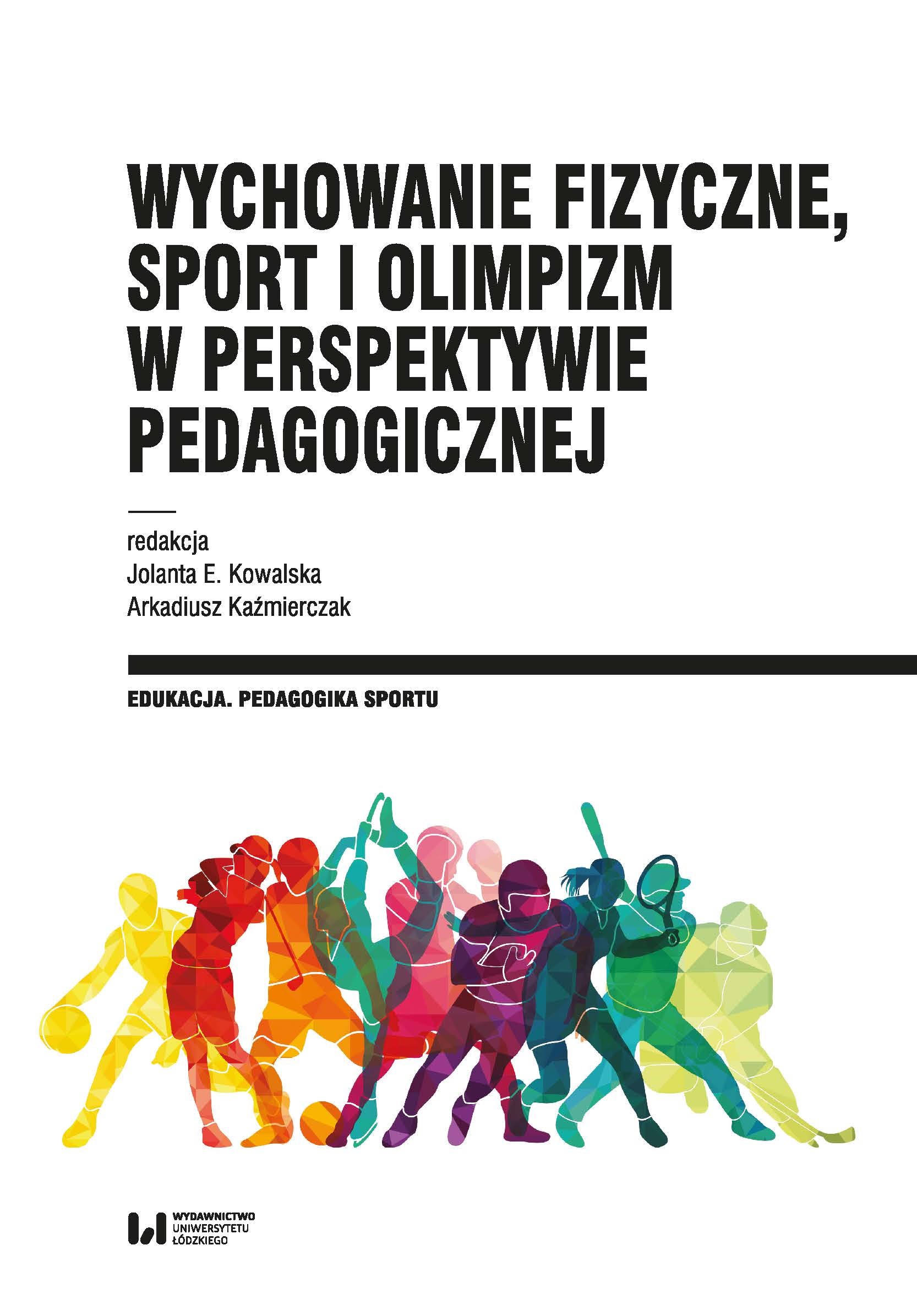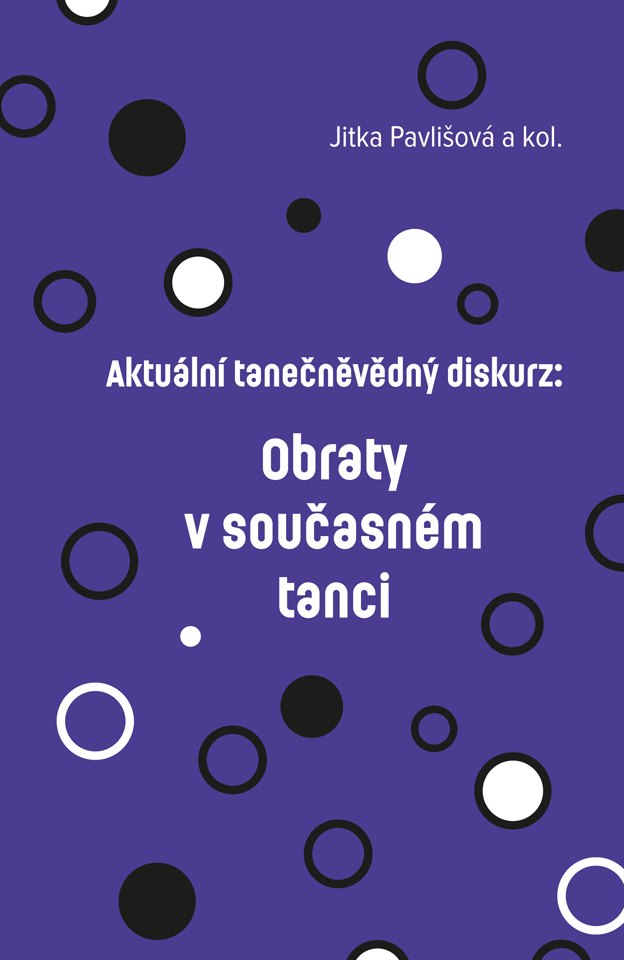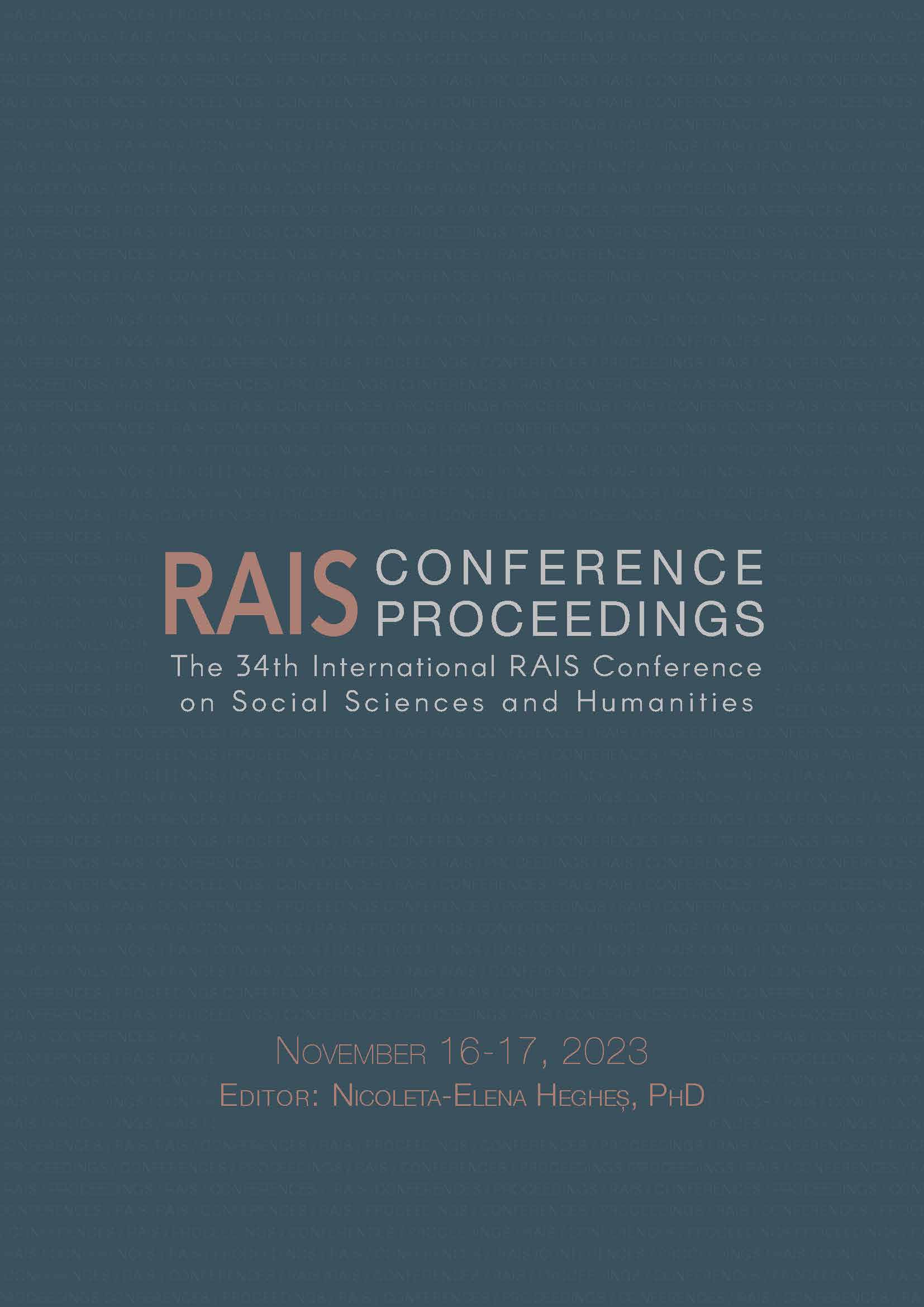Author(s): / Language(s): Polish
Education, culture and art are subject to transformations, therefore they require reinterpretation being orientated not so much on their development but rather on social utility, readiness to manifest in other areas of human activity. They form a transparent network of relationships correlations that exemplifies the principle of reciprocity, an extremely important principle in education, which is embodied in the sphere of mutual exchange of services. Education, culture and art have always been mutually supportive, and determined each other’s development. All of these three areas accompany man throughout his life, however education, owing to the aspect of its institutionalisation and obligation, has become part and parcel of everyday life not only during childhood and adolescence, since the need for self development and education is permanent. Art and culture, even though they are constantly present in the social space, too often they remain outside the sphere of the awareness of a human, who does not notice them, underestimates them or even marginalises. This attitude is a result of lack or insufficiency of proper education. The observed absence or insufficiency of education in the field of culture and art poses a threat to the quality of life – on the one hand, whereas on the other hand it is a field that constitutes a space open for development, for focusing the attention of educational and social environments of parents, teachers, caregivers, local authorities and politicians on the essence of a systematic, deliberate inclusion of culture and art into modern education and the need for it. What the authors of the articles point out in this volume is that modern times bring about many dangers, traumatic experiences, irregularities that create barriers to a satisfying, full development.Let us, therefore, avail ourselves of the cultural heritage, of various fields of art, whichfor centuries have been waiting in readiness for social action. This need was postulated by Plato, Aristotle, Molière, Shakespeare, Durkheim, Comte, Znaniecki, Bernstein, Parsons, Radlińska, Beuys or Hanuszkiewicz. Maybe our contemporary activity in this field will make widespread what has been realised only to a limited extent. May these precious ingredients, i.e. culture and art, enrich education.Modern times, marked by, among others, cultural diversity, aging, social maladjustment, lackof social dialogue, the dominance of consumption oriented culture, lack of interest in culturalheritage and various fields of art, or inability to enjoy them, should be subjected to urgent educational activities carried out by both school and other educational environments, being aware of the role of education, culture and art in everyday life. In this context, art cannot be perceived merely as an artistic experience or feeling, nowadays – more than ever – it should become social practice, therefore it is analysed more and more frequently in sociological convention, and seen as one of the elements of the social system. History confirms the cohesiveness and integration of education, culture and art.The authors of the texts comprised in this volume express the need for demonstrating notso much an individual space of education, culture and art, but, above all, a common space ofthese activities, their reciprocity in the perspective of socio-cultural and civilisation transformations. The presented here considerations expose some chosen aspects of social life in these areas, showing the need for their mutual permeation, support and complementation, and the feasibility of that. The reader will not always find, in the presented texts, in-depth analyses within the particular thematic areas, since the intention of the authors was, in fact, to draw attention to certain contexts, sections of social reality that should benefit from the integration of education, culture and art.The paper consists of two parts, each of which presents specific thematic issues. The first partof the study, entitled: Deliberations on the experience of the present and the need for transformationsin the educational system in view of the requirements imposed by modern times, containsseven texts focused on the issues of education and the institution of school that is aware of thenecessity to meet the requirements of the present. The second part of the volume – under thetitle: Art and culture as a means of enhancing educational processes in the individual and social space, also comprises seven articles, which, this time, emphasise the contribution of culture / art understood not only as a specific work, but also as a certain attitude / readiness / willingness to act in the process of daily activities. The presented texts, being the result of research activities, theoretical analyses and scientific interests of individual authors, are characterized by significant diversity.
More...
